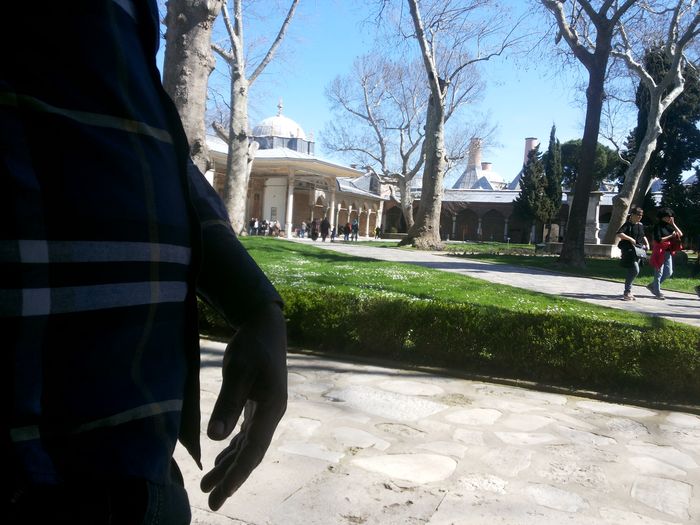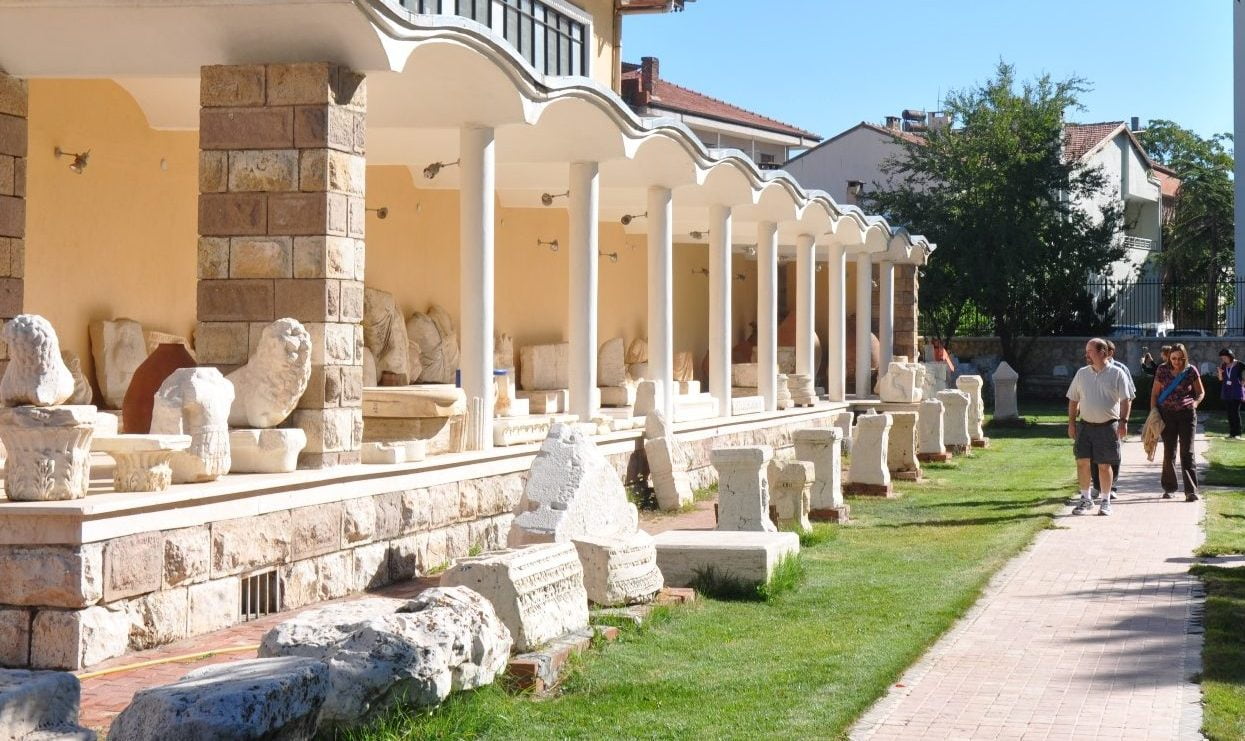68. More than other nations they are difficult to fight and hard to subdue. They are neither vigorous of body, nor brave in spirit. They wear no breastplates, put on no greaves, and no helmets protect their heads. They carry no shields of any kind whatsoever, neither the long sort like those traditionally borne by the Argives, nor the round shield, nor do they gird on swords. The only weapon they carry in their hands is the spear, their sole defensive armour. They are not divided up by battalions, and when they go to war they have no strategic plan to guide them. The terms ‘vanguard’, ‘left wing’, ‘right flank’ mean nothing to them.
Opposing force withstands
They build no palisades for their own protection, and they are unacquainted with the idea of defensive ditches on the perimeter of their camps. In one mass, close-packed and pell-mell, fortified by sheer desperation, they emit loud war-cries, and so fall upon their adversaries. If they succeed in pushing them back, they dash against them in solid blocks, like towers, pursuing and slaying without mercy. On the other hand, if the opposing force withstands their assault and if their ranks preserve an unbroken line in face of the barbarian onslaught, the latter forthwith turn about and seek safety in flight. But there is no order in their retreat.
They scatter in all directions, in small groups. One hurls himself into a river, and either swims to land or is engulfed in its eddies and sinks; another goes of into a thick wood and so becomes invisible to his pursuers; a third escapes in some other way. They all disperse at the same moment, but later, in some strange fashion, they meet again, one coming down from a mountain, another from some ravine, another from a river, all from different hiding-places. When they are thirsty, if they find water, either from springs or in the streams, they at once throw themselves down into it and gulp it up; if there is no water, each man dismounts from his horse, opens its veins with a knife, and drinks the blood.
So they quench their thirst by substituting blood for water. After that they cut up the fattest of the horses, set fire to whatever wood they find ready to hand, and having slightly warmed the chopped limbs of the horse there on the spot, they gorge themselves on the meat, blood and all. The refreshment over, they hurry back to their Primitive huts and lurk, like snakes, in the deep gullies and precipitous cliffs which serve as their walls.
Read More about Isaac Comnenus 4








